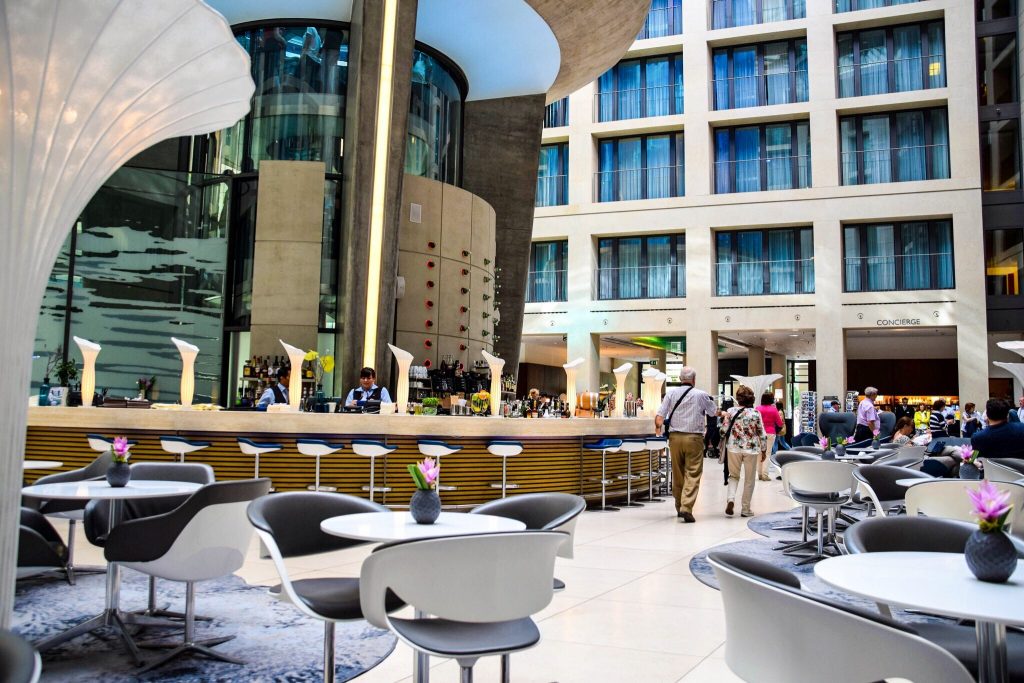Skift Take
Sometimes it's easy to forget that the U.S. isn't shorthand for the whole world. The fragmented market in Europe and elsewhere makes it much harder for hotels to try and increase direct bookings.
The world’s big hotel groups have spent the last couple of years trying to convince consumers that booking direct is best.
After giving away much of their business to online travel agents such as Booking.com and Expedia, it is perhaps understandable that they want to reduce what are now substantial distribution costs by bringing more traffic in house.
But what is often forgotten about this conflict is that by and large it is a U.S. phenomenon.
The reason: Europe and the rest of the world are too fragmented.
According to hotel data company STR in the U.S. 60.5 percent of all hotels are branded (meaning at least three properties sharing the same name), in Europe the proportion falls to 23.8 percent.
In the U.S. the hotel companies have more power as they control more of the market and are therefore able, through expensive advertising campaigns and lobbying, to try and wrestle some of the business back from intermediaries.
In Europe, however, more than three-quarters of hotels are on their own, making it much harder to move the needle. It also means they are much-less likely to be able to use loyalty programs to entice people to use their in-house channel (although companies that work with independents such as Voila and Wanup are hoping to change this).
“If you look at Europe and Asia, globally speaking, yes direct booking is growing, which is fine, yes there’s great stuff and we should discuss how meta can be great for hoteliers to actually boost and grow their direct bookings but globally speaking if you take the macro numbers OTAs [online travel agents] and indirect distribution continues to grow way faster than direct bookings,” said Guillaume De Marcillac, Co-Chief Executive at Fastbooking, a digital services company owned by AccorHotels during a panel discussion at Phocuswright Europe.
So while direct might be increasing, so is usage of online agents.
“The characteristics of the market we are in Europe is actually highly fragmented, much more than the U.S. and therefore the economics and the way things work actually in the rest of the world outside of the U.S. is very different for hoteliers,” he added.
There’s slightly better news for the big chains in the U.S. On the same panel Mark Lomanno, partner and senior advisor, hospitality analytics firm Kalibri Labs, said that some of the objectives of the various book direct programme had been successful.
Consumer behavior changed “enough to make it seemingly worthwhile.”
“So for for the first time in the U.S. in the last six months of 2016 the number of people booking on brand.com increased at a faster rate than the the number of people booking on the OTAs [online travel agents].”
Participation in loyalty schemes also increased but it is probably too early to assess whether it had helped reduce costs. That is something that needs to be measured across the long term.
“It’s a really good start, but that’s what it is, a start,” Lomanno said.
Have a confidential tip for Skift? Get in touch
Tags: direct booking, loyalty, otas
Photo credit: The lobby of the Radisson Blu, Berlin. The European market has more independents than chains. Maria Eklind / Flickr
